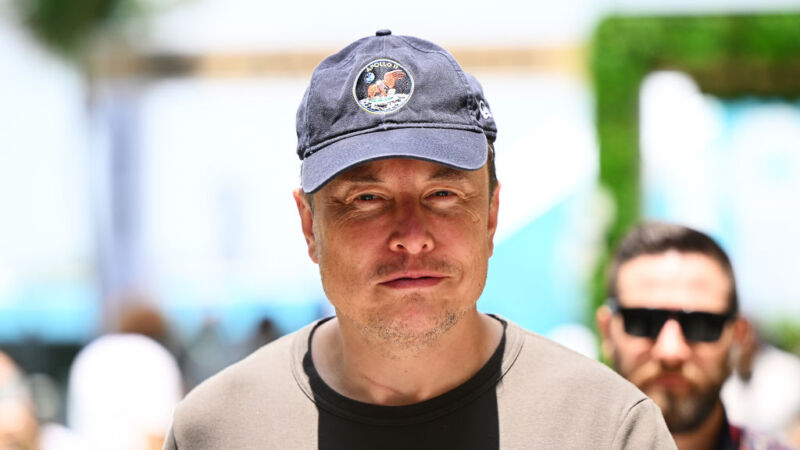
The new features on Twitter keep coming, as CEO Elon Musk has announced that today the platform will release an early version of encrypted direct messages that will “grow in sophistication rapidly.” The move seemingly signaled Musk’s intention to entice users to spend more time on the platform by maximizing the privacy of personal communications.
“The acid test is that I could not see your DMs even if there was a gun to my head,” Musk tweeted.
In the same tweet, Musk said that voice and video chat from Twitter handles would be “coming soon,” and he confirmed that any users with the latest version of the app “can DM reply to any message in the thread (not just most recent) and use any emoji reaction.”
Encrypted messages and voice calls are key features for the “everything app” that Musk intends for Twitter to become. Yesterday, Musk responded to a Twitter user reporting that video and voice calls would be coming “later this year” by just saying “X.”
X is believed to be the desired name of Musk’s everything app, an online destination where users can shop, bank, communicate, and create monetizable content. Last month, Twitter officially merged with X Corp, abandoning the Twitter brand to take on the lesser-known company’s name. Musk has previously estimated that Twitter’s transformation into X, the everything app, could happen within five years of his takeover of the platform.
In addition to officially announced new Twitter features, Musk has also been teasing other features he says are coming soon. That apparently will include a podcast platform and a Twitter Live streaming app accessed through devices like Roku or Apple TV. Musk has also confirmed that Twitter will be launching in-line media controls so that Twitter users can design tweets with blog-like layouts and control where media embeds appear in a tweet.
Sophisticated, but easy to use, long form content
— Elon Musk (@elonmusk) May 10, 2023
Musk says WhatsApp “cannot be trusted”
Hours before announcing Twitter’s plan to launch encrypted messaging, Musk criticized Meta’s encrypted messaging service, WhatsApp, after a Twitter engineer, Foad Dabiri, flagged a bug where WhatsApp appeared to be recording in the background while he was sleeping. “What’s going on?” Dabiri tweeted.
“WhatsApp cannot be trusted,” Musk tweeted in response.
An hour after Musk’s tweet, WhatsApp tweeted to confirm that it had been in touch with Dabiri and indicated that the problem was an Android issue, not a WhatsApp bug.
“We believe this is a bug on Android that mis-attributes information in their Privacy Dashboard and have asked Google to investigate and remediate,” WhatsApp tweeted.
Google did not immediately respond to Ars’ request to comment, but a Google spokesperson told Engadget that Google was aware of the Android issue and was “working closely with WhatsApp to investigate.”
While Google and WhatsApp started looking into the issue, Musk continued tweeting critically of WhatsApp, telling his followers that “WhatsApp founders left Meta/Facebook in disgust, started #deletefacebook campaign & made major contributions to building Signal. What they learned about Facebook & changes to WhatsApp obviously disturbed them greatly.”
Forbes reported that the #deletefacebook campaign was not about changes to WhatsApp, but about disgust in Meta’s Cambridge Analytica scandal. But WhatsApp co-founder Brian Acton did confirm that he walked away from Meta when Mark Zuckerberg questioned the encryption functionality when making plans to monetize WhatsApp, allegedly worried that the encryption could potentially impede Meta’s ability to target ads.
Musk’s public criticism of WhatsApp suggests that he intends for Twitter to provide a superior encrypted messaging service.
A spokesperson for Meta told Ars that the alleged WhatsApp bug was first reported last month on the independent blog that covers WhatsApp updates, WABetaInfo. Restarting the Android device can help solve the issue, WABetaInfo tweeted.
Meta did not directly respond to Musk’s tweet, saying that WhatsApp cannot be trusted, but the spokesperson noted that Meta can never access encrypted private WhatsApp communications.
“Once granted permission, WhatsApp only accesses the mic when a user is making a call or recording a voice note or video—and even then, these communications are protected by end-to-end encryption so WhatsApp cannot hear them,” Meta’s spokesperson said.








